Showing 1–12 of 14 results
-
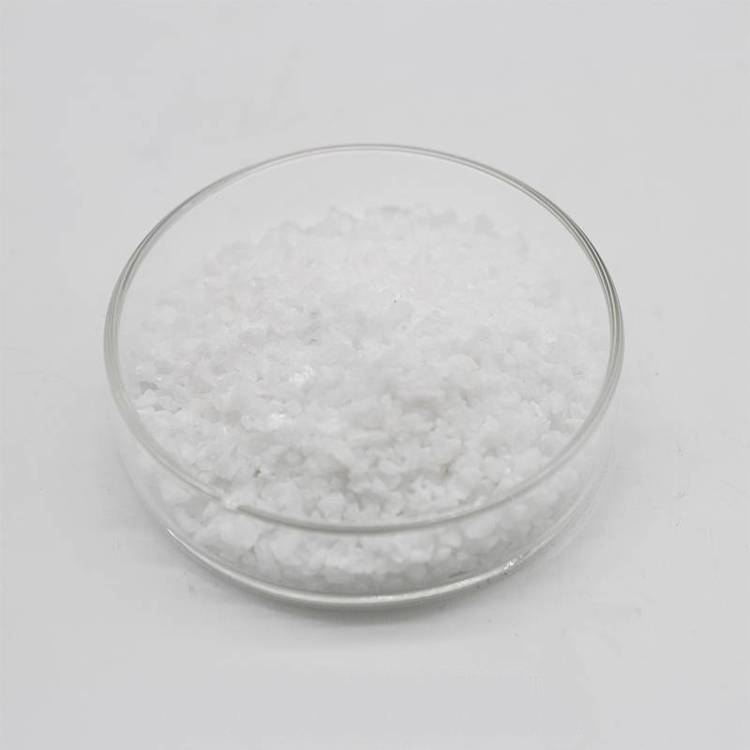
- High purity (≥99.99%).
- Excellent thermal and chemical stability.
- Low refractive index for superior optical coatings.
- Uniform pellet size for consistent deposition results.
- Customizable sizes and packaging for various applications.
-
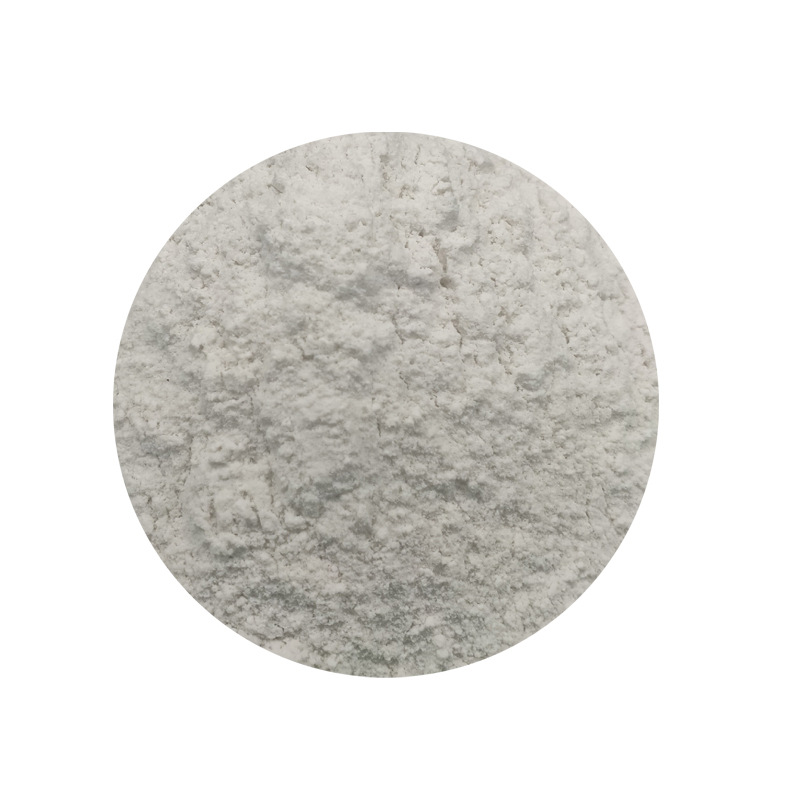
- High Purity: Available in high-purity grades to meet industry standards.
- Chemical Stability: Exhibits excellent resistance to high temperatures and aggressive chemicals.
- High Melting Point: With a melting point of 1,300°C, it performs well in high-temperature environments.
- Electrical Insulation: Provides high electrical insulating properties.
- Versatility: Used in diverse applications, from aluminum production to glass manufacturing and more.
-
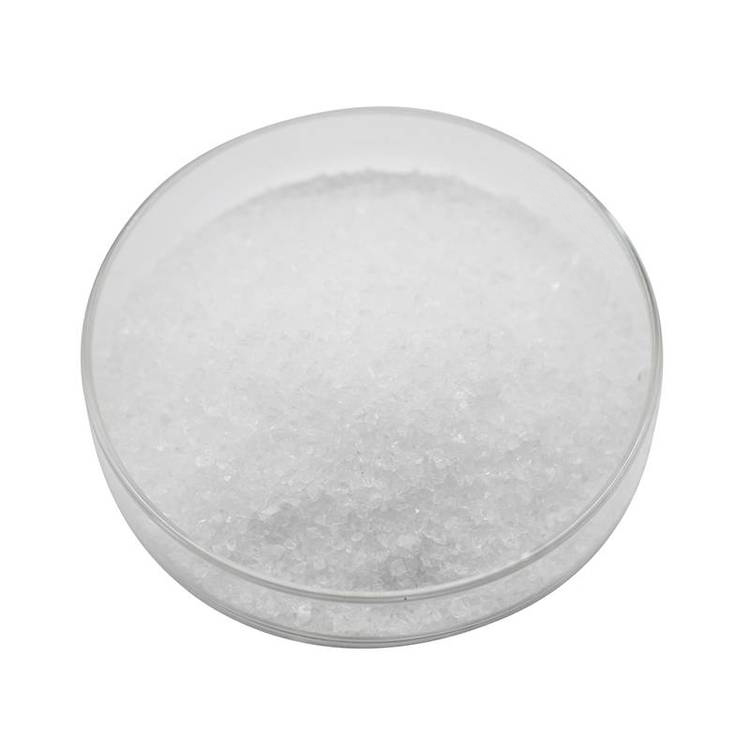
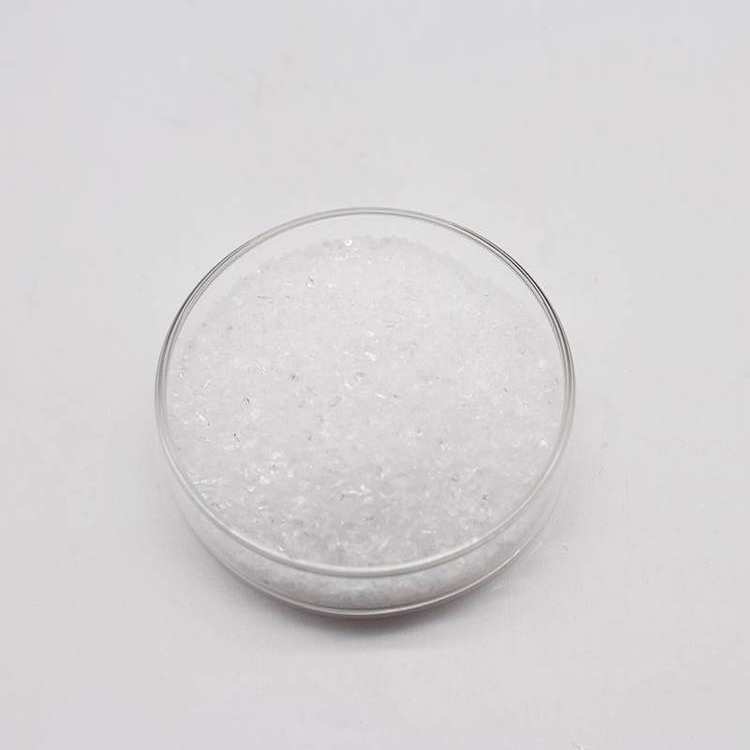
- Broad Transparency Range: CaF₂ has excellent transmission from the UV (below 200 nm) to the IR (~10 µm) range, which makes it ideal for a wide variety of optical applications.
- Low Refractive Index: The material has a relatively low refractive index (~1.43), which minimizes Fresnel reflection losses and is useful in anti-reflective coatings.
- High Thermal Stability: CaF₂ can withstand high temperatures during evaporation, ensuring the stability of the material during thin-film deposition processes.
- Chemical Resistance: Calcium fluoride is chemically inert, offering durability and resistance to environmental degradation.
- Low Absorption: Its low absorption makes it suitable for high-power laser applications, especially in the UV region.
-
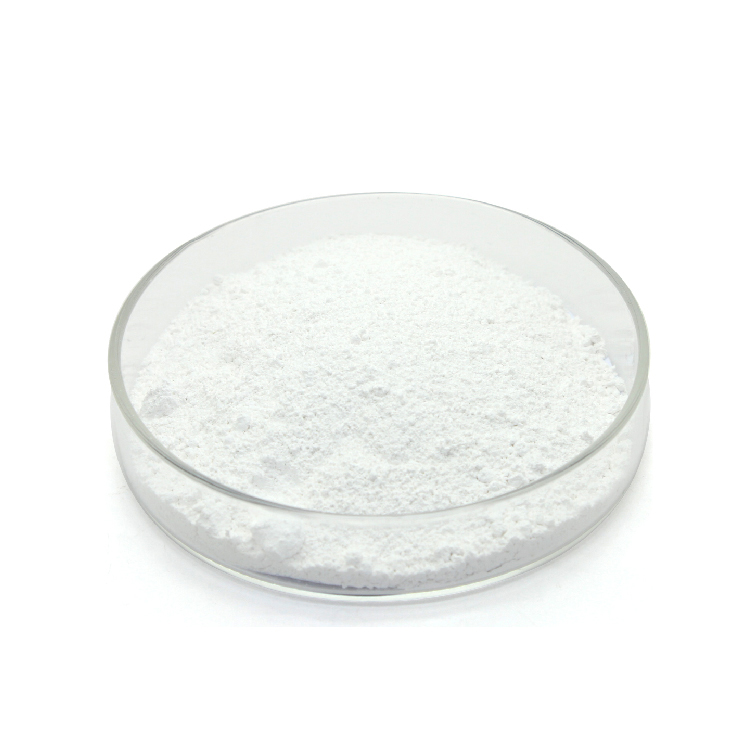
- High Optical Transparency: Transparent in the UV to IR spectrum, ideal for optical applications.
- Low Absorption: Minimal light absorption, ensuring high-quality performance in various optical devices.
- Durability: Resistant to chemical attack and radiation, making it suitable for harsh environments.
- High Purity: ≥99.9% purity for consistent performance in high-precision applications.
- Excellent Thermal Stability: Retains properties even under high temperatures.
- Customizable Particle Size: Available in various particle sizes to meet the specific needs of customers.
-
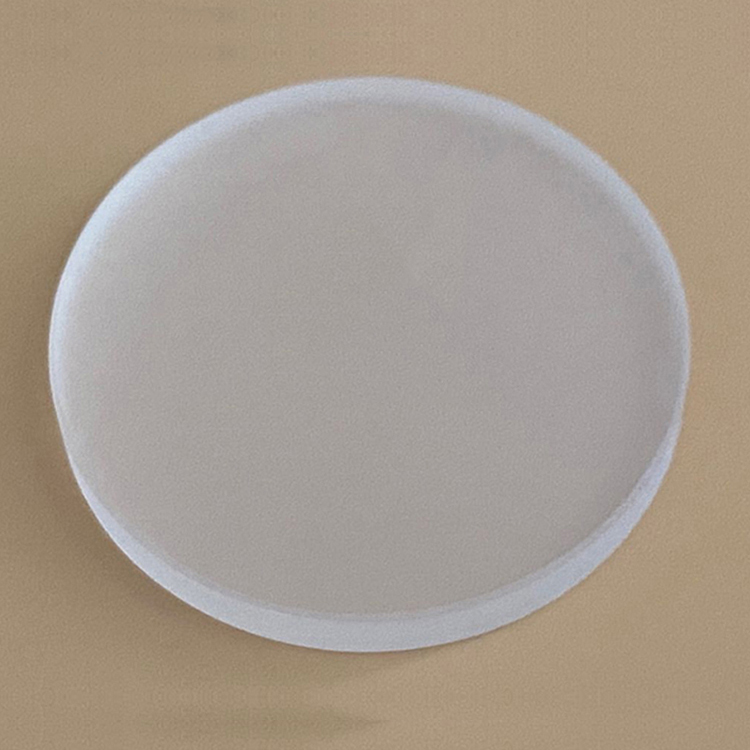
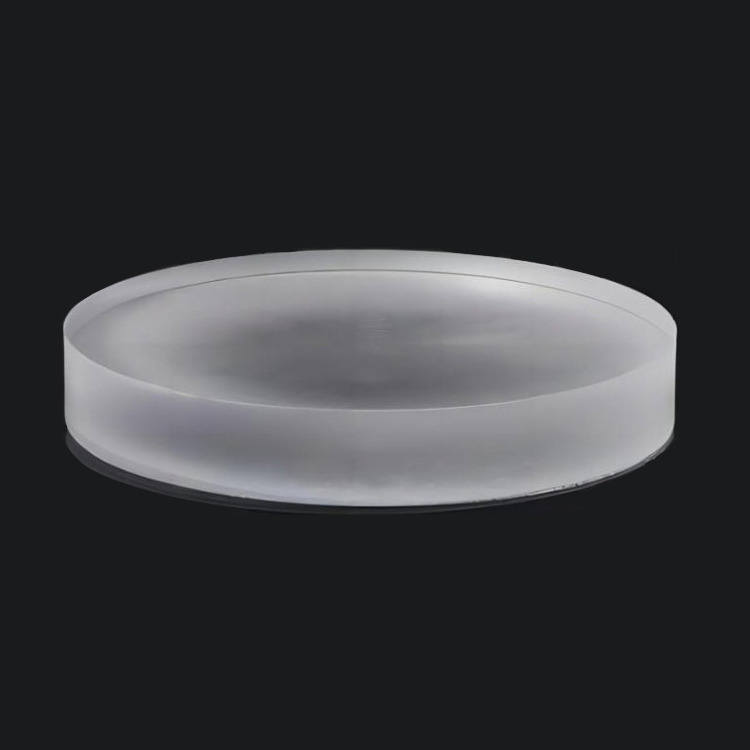
- Wide Optical Transparency: Effective from UV to IR spectra (0.13–11 μm).
- High Chemical Stability: Resistant to moisture and chemical degradation.
- Low Refractive Index: Reduces the need for complex multilayer coatings.
- Thermal Stability: Suitable for high-temperature thin-film deposition.
- High Purity: Ensures uniform film quality and minimizes defects.
-
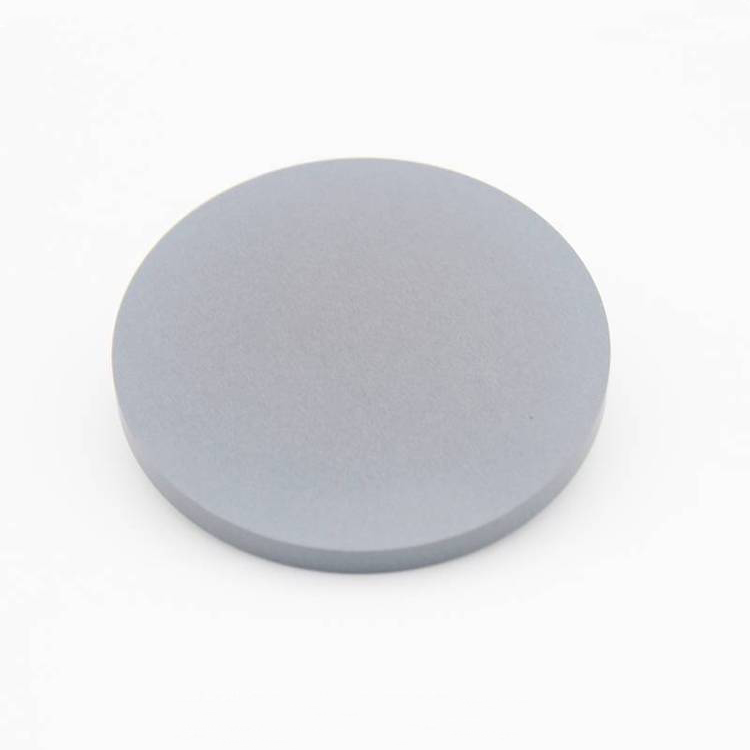
- High Transparency: Excellent light transmission in the visible spectrum.
- Superior Conductivity: Low sheet resistance for high-performance electrical applications.
- Thermal Stability: Performs reliably under high temperatures.
- Chemical Resistance: Highly resistant to environmental and chemical degradation.
- Customizable Options: Adaptable to diverse deposition system requirements.
-
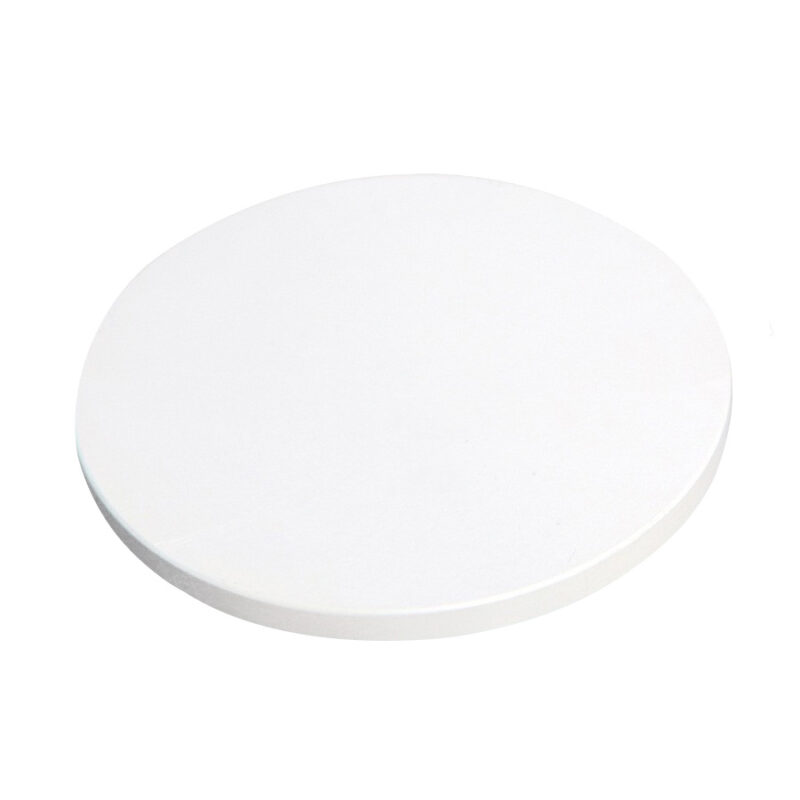
- High Optical Transparency: LiF has high optical transparency in the UV, visible, and infrared regions, making it an excellent material for optical coatings and components.
- Wide Bandgap: LiF has a wide bandgap (~13.6 eV), which makes it an excellent insulating material in electronic and optoelectronic applications.
- Low Absorption: LiF thin films exhibit low absorption across a broad spectral range, making them ideal for applications where minimal light loss is required.
- Chemical Stability: LiF is chemically stable and resistant to moisture, which contributes to its durability in harsh environments and long-lasting performance in thin-film coatings.
- Insulating Properties: LiF has excellent insulating properties, which are beneficial for electronic and optoelectronic devices where electrical isolation is needed.
-
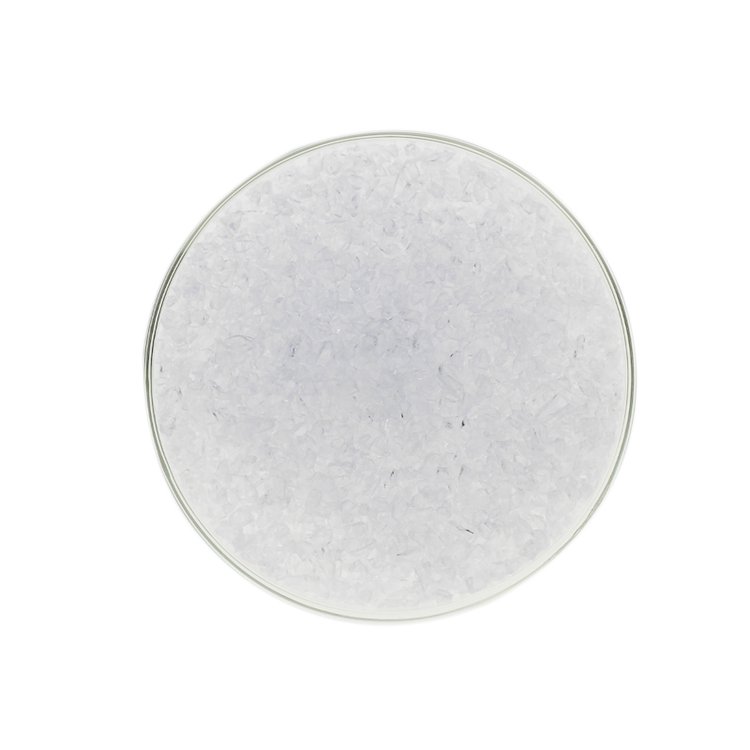
- Wide Transmission Range: Transmits from UV (~120 nm) to IR (~7 µm) wavelengths, making it versatile for a variety of optical applications.
- Low Refractive Index: MgF2 has a low refractive index (~1.38 at 550 nm), making it ideal for anti-reflective coatings.
- High Durability: Magnesium fluoride is resistant to mechanical wear and scratches, providing longevity to coated optical surfaces.
- Chemical Stability: It is chemically inert and highly resistant to most acids and alkalis, ensuring its stability in harsh environments.
- High Damage Threshold: MgF2-coated optics have high laser damage thresholds, making them suitable for high-power laser systems.
-
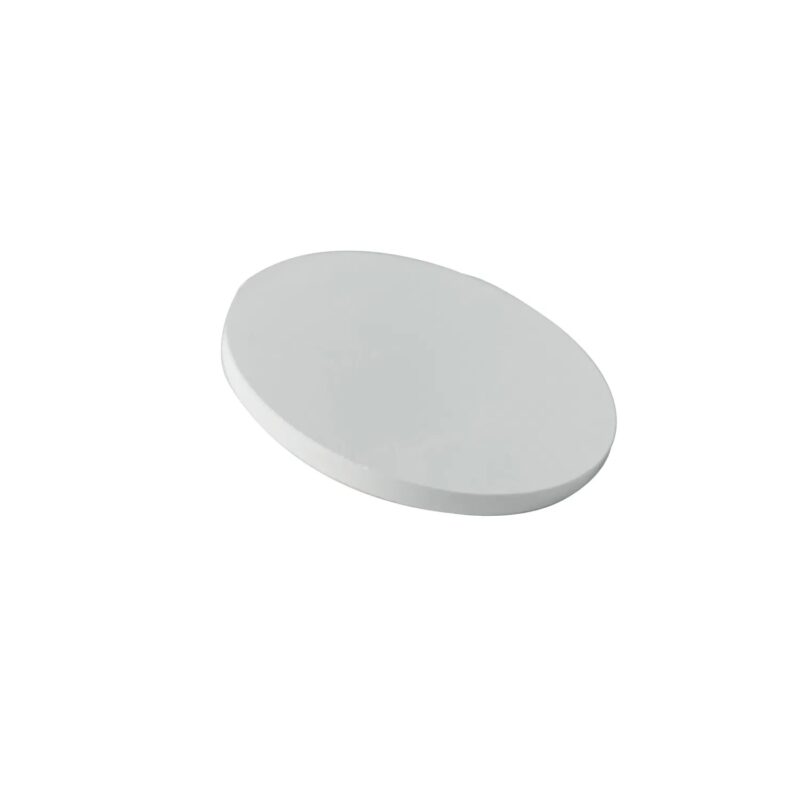
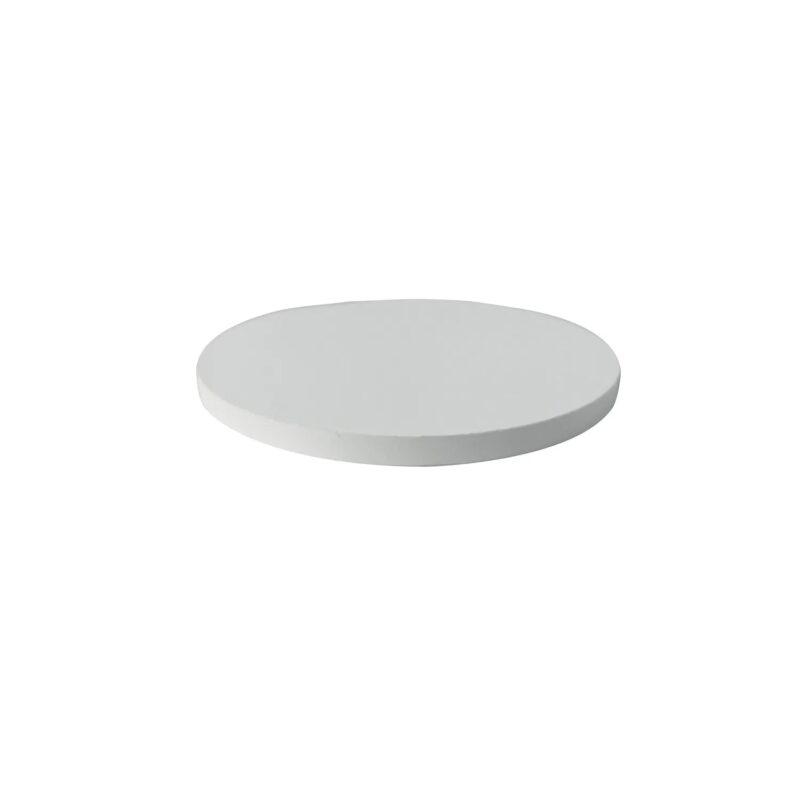
- Broad Transparency Range: MgF₂ has excellent transmission across UV, visible, and IR spectra, making it an ideal material for high-performance optical coatings.
- Low Refractive Index: The low refractive index of MgF₂ helps reduce light reflection, enabling its use in anti-reflective coatings for various optical applications.
- High Hardness and Durability: Magnesium Fluoride films are known for their hardness and resistance to scratching, making them suitable for protective coatings in high-durability environments.
- Chemical and Environmental Stability: MgF₂ coatings are chemically inert and stable under extreme temperature conditions, enhancing their use in both optical and electronic applications.
-
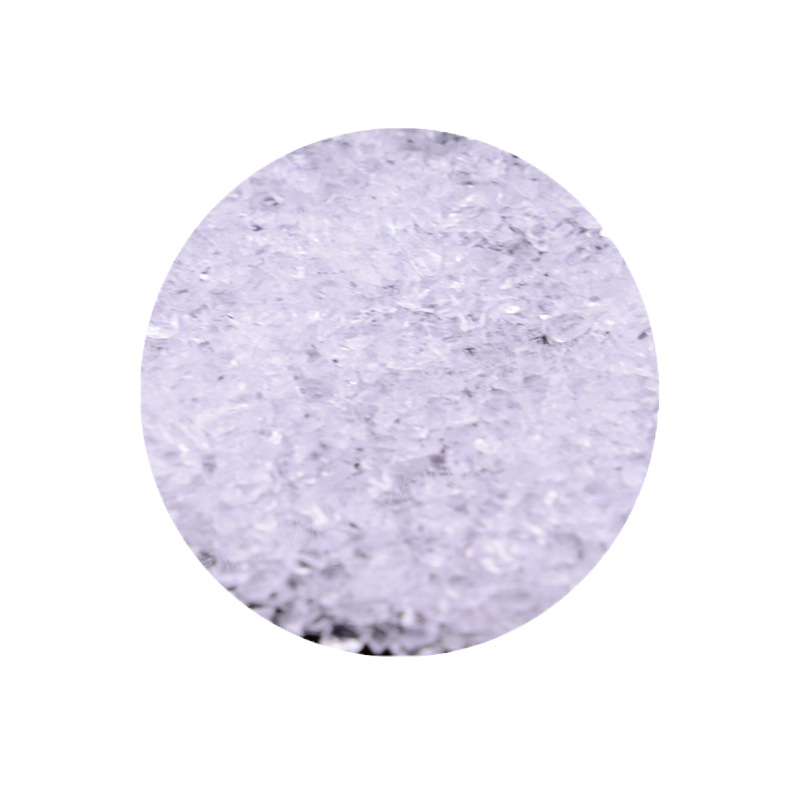
- High UV Transparency: Na₃AlF₆ is transparent in the UV and IR spectral regions, making it suitable for optical coatings in UV-sensitive applications.
- Good Adhesion: Forms thin films with excellent adhesion to a variety of substrates.
- Low Refractive Index: Offers a low refractive index, which is beneficial for anti-reflective coatings and optical interference filters.
- Corrosion Resistance: Provides a protective layer with good resistance to chemical and environmental factors.
-
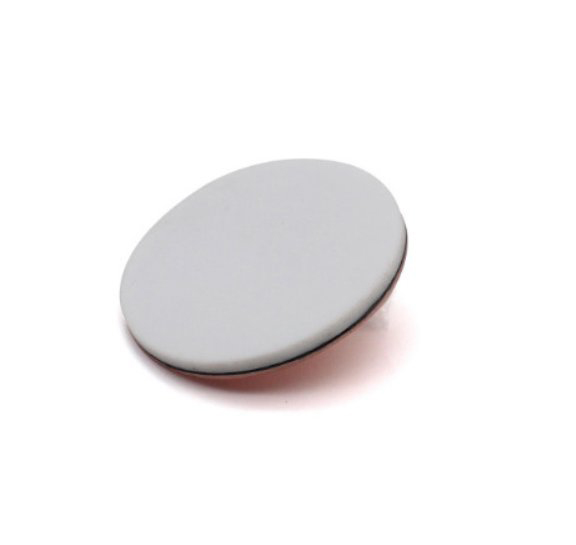
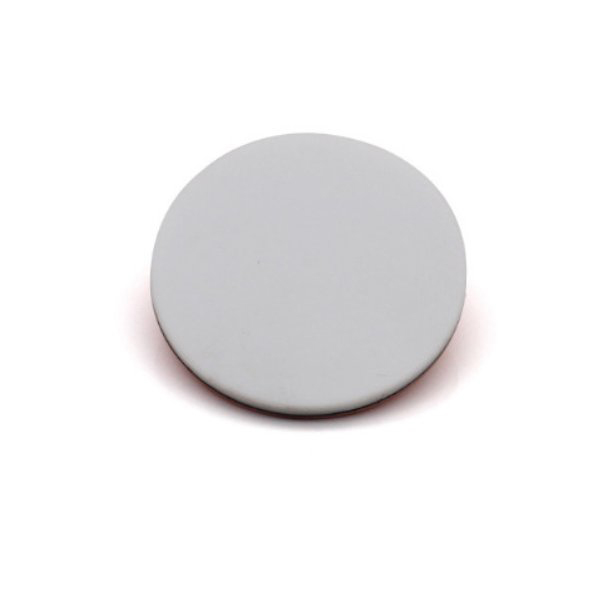
- Chemical Resistance: PTFE is highly resistant to a wide range of chemicals, including acids, bases, and solvents, making it ideal for corrosive applications.
- Non-Stick Surface: The material’s low surface energy allows for the production of coatings that resist adhesion, which is beneficial in various applications.
- Electrical Insulation: Excellent dielectric properties make it a great choice for insulating electrical components.
- High Temperature Resistance: PTFE can withstand a broad temperature range, maintaining its performance even at high temperatures.
- Durable Coatings: PTFE sputtering targets produce uniform and durable coatings with low friction and high wear resistance.
-
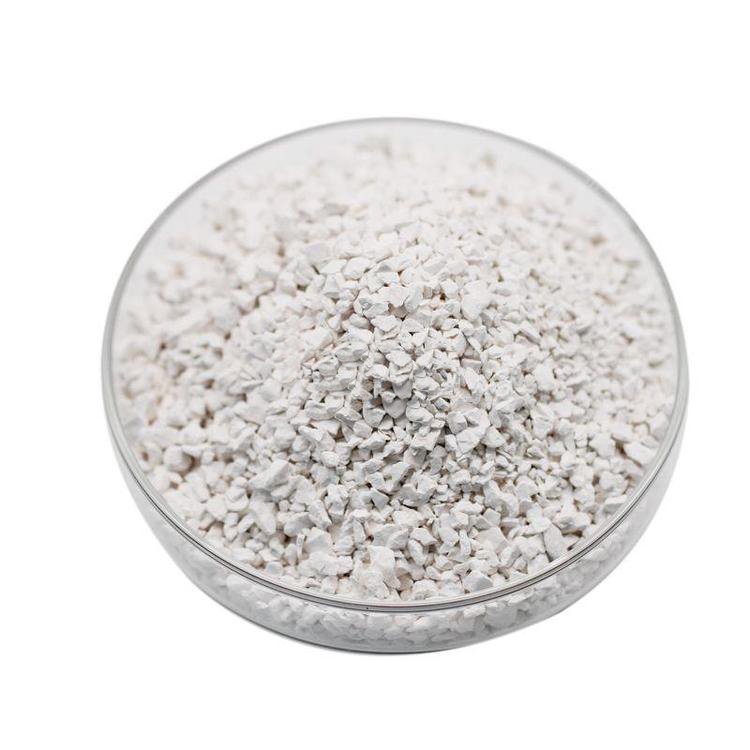
- High Transparency in IR Spectrum: YbF₃ offers exceptional transparency from the ultraviolet (UV) through to the mid-infrared (MWIR) region, making it perfect for optical applications.
- Low Refractive Index: The low refractive index of YbF₃ is beneficial for anti-reflective coatings, reducing unwanted light reflection and enhancing transmission.
- Chemical and Thermal Stability: YbF₃ is stable under high temperatures and chemically resistant, ensuring durability in harsh environments.
- Smooth Film Deposition: It provides smooth, defect-free thin films that are ideal for precise optical performance.
















